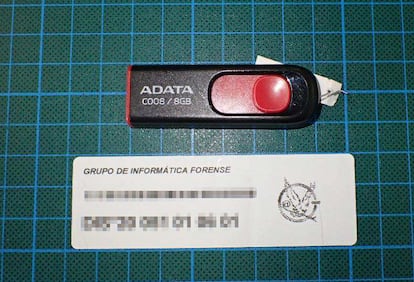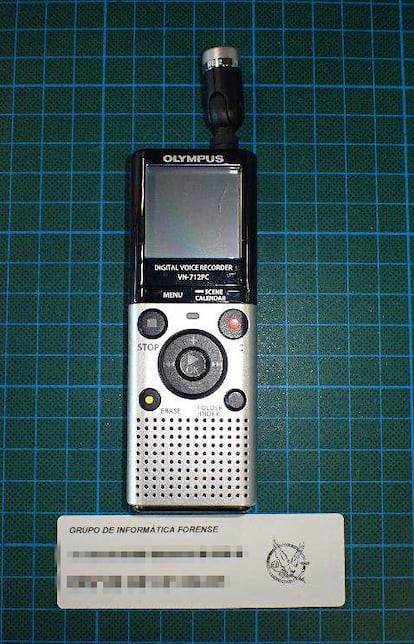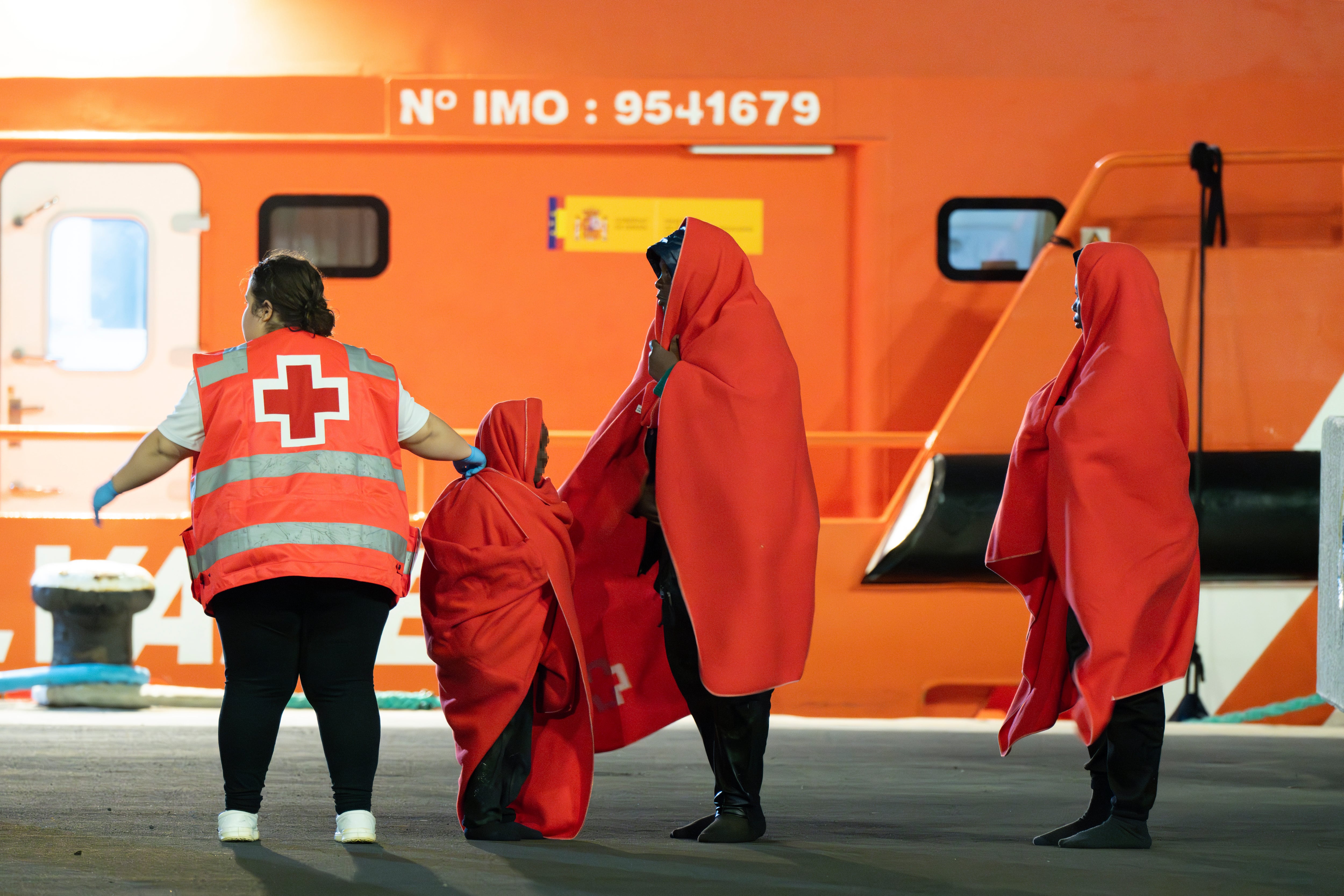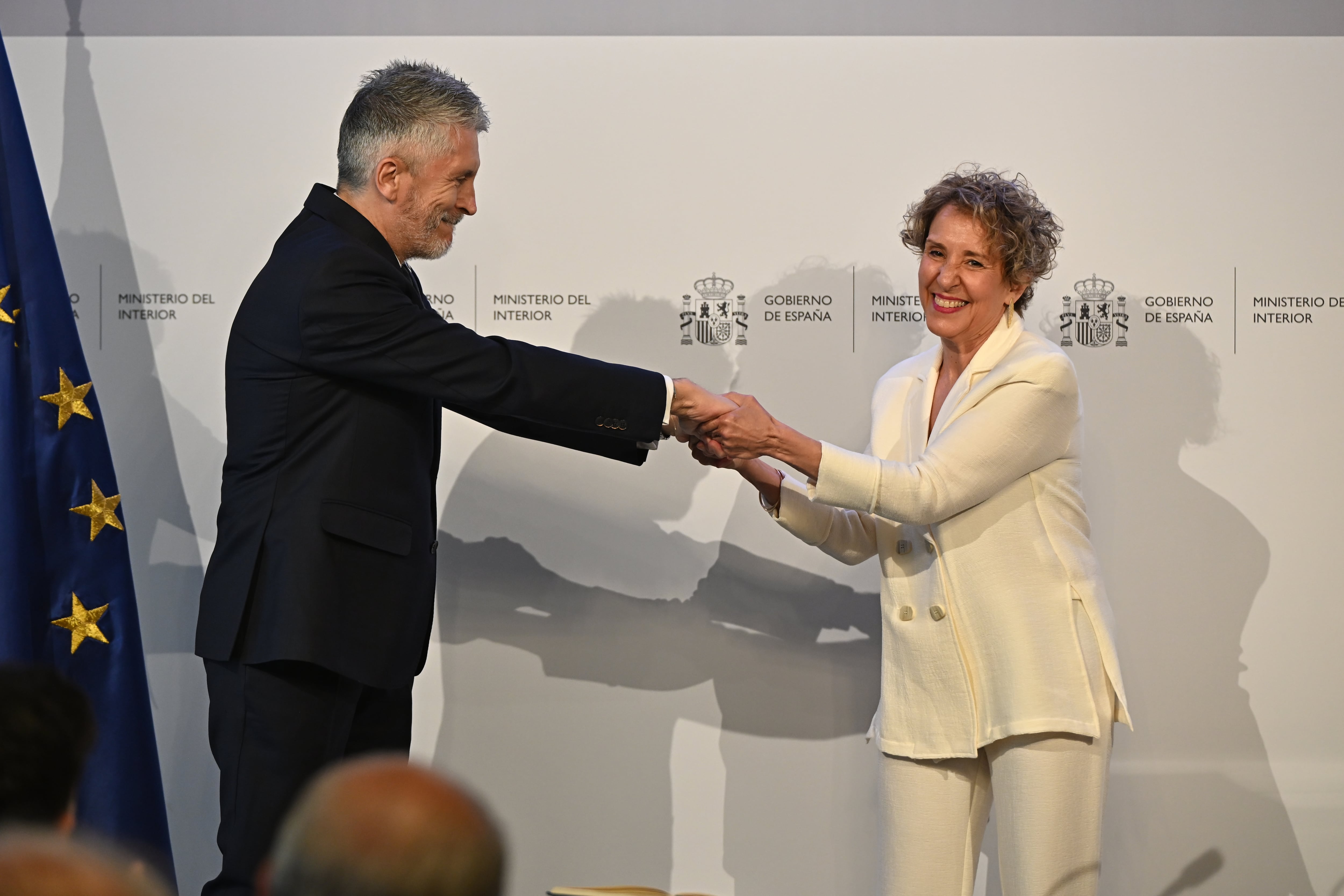The secrets of Josu Ternera’s computer, the last great chief of ETA | Spain

On May 16, 2019, a joint operation of the Civil Guard and the French police led to The detention of José Antonio Urrutikoetxea Bengoetxea, Josu Ternera, In a town gala at the foot of the Alps, Salanches. The last great chief of ETA I had then 17 years fled. After their arrest, the agents located 14 computer devices in the lonely cabin near Mont Blanc in which he hid. A Civil Guard report on these teams carried out two years after the fall of Urrutikoetxea – and that had not transcended so far – reveals that Josu Ternera, 74, kept in them very disparate content: from documents of the terrorist organization that underpin the accusations of justice against him to voice files of the ex -de -administrative Etarra reading stories in Basque Friends taken when I was fled.
This police document, to which the country has had access, has served the group of victims of terrorism dignity and justice (DYJ) to recently request the National Court that expands the accusations that weigh on the ex -chief in the summary in the summary in which it investigates the financing of the armed band through the Herriko Tabernas (premises to those who go supporters of the left Abertzale radical), one of the only two causes that remain open in Spain against him. Dignity and justice considers that some of these documents corroborate that Urrutikoetxea ―which He is currently free in the French town of Anglet Waiting to be judged in this country – it gave orders within the organization until the announcement of its dissolution on May 3, 2018, seven years after the end of the attacks.
The police document analyzes the teams intervened – a laptop, two hard drives, three memory cards, seven pendrives and a digital recorder – and breakdown in its content after highlighting in an annex that « not found encrypted or protected files with password that hinders access to them. » Thus, the computer, the agents emphasize that they did not find « data of interest » for the investigation. In his memory there were only “varied music” files, a document on a Basque dictionary, landscape photos, images of Josu Ternera with his children and grandchildren, and cooking recipes, one of the hobbies of the former Etarra chief. Urrutikoetxea, who has never been able to attribute the authorship of ideological documents, only a text is known, precisely kitchen: the book Giltzapeko Sukaldaritza (The kitchen between barsEditorial Hiru Argitaletxea), in which he collects the recipes he prepared during the 10 years he was imprisoned in France.
More relevant consider agents the information they found on the two hard drives. In one of them, together with copies of journalistic articles in Basque and French, music and documents « of a public nature » of Sortu « the left party Abertzale Considered heir to Batasuna – the agents found a photograph of Josu Ternera « enjoying a relaxed dinner » with members of his family and a French friend. The police document emphasizes that, from the metadata of the image, it is concluded that it was taken in the French town of Bastide-de-Serou (south of France, near the Pyrenees) on February 23, 2013, an era, the agents stand out, in which the Etarra leader “was fled from justice and with several search orders, detention and entry into prison” issued by the National Court. For all these reasons, the Civil Guard concludes that Urrutikoetxea « could count on the collaboration of French citizens who provided her accommodation and coverage to avoid her arrest. »

In the second of hard drives the agents found more photos of Josu Ternera with his family that they consider relevant. In this case, taken in the Norwegian city of Bergen in 2012, when the former head of ETA, who was still fled from justice, moved to this Scandinavian country in a failed attempt to resume negotiations with the Spanish government. The agents also focus on another document of this device: voice audios with the Basque narration of stories that Urrutikoetxea recorded to send to his little daughter. The analysis carried out on this Archive for the Criminalistics Service of the Armed Institute – which compared them to the voice records of Josu Ternera obtained from their public appearances – concludes, without gender doubts and as always pointed out, which was Urrutikoetxea who read the declaration of dissolution of the band in 2018. Therefore, the agents emphasize that both the photographs taken in Norway and the audio show “the degree of direct link” that the Etarra chief maintained with the direction of the terrorist organization until its end.
Researchers also consider what is found in one of the seven intervened pendrives. In it, the agents recovered a copy of the National Plan of Sortu for 2018-2019, a folder with photos of two cars with French registration corresponding to official vehicles of the Ministry of the Gallic Interior, press articles, more family photos and two internal documents of the terrorist organization of restricted diffusion. They are to the latter to which the report dedicates more attention. One is a copy of the so -called BKO (acronym in Basque of General Internal Communication), supposedly elaborated to publicize the scarce members of the Directorate the result of the vote of the consultation to the militancy on the dissolution. The report highlights that it was prepared in April 2017, 11 months before this decision of the band was publicly announced.

The Civil Guard considers significant that Urrutikoetxea had it, since copies of this internal publication of ETA had only seized three times before and always to « significant leaders » of the band. In addition, Josu Ternera intervened a file with data that were included in the newsletter in which the process was followed to decide « the future and trajectory chosen for the terrorist organization itself. » On the same device, the researchers found the copy of April 2018 of Zutabe, the last of this publication, a document aimed at all the Etarra militancy to explain the reasons that had led them to open the debate on “the end of the cycle” of ETA. In this document, the organization recognized having made 2,606 attacks, including two attacks that had never claimed.
From the rest of the devices, the Civil Guard notes that they do not keep “interest” files, since they only contain “a large amount of data, photographs and personal documents” of the former ETA chief. Thus, in the digital recorder the agents found sound files « of whistles »; on a memory card, « audios, photos and videos » for the learning of French; in a pendrive, an English course and « videos about animals »; And in another, a French book about « The best healing tools. » One was even « empty. » However, the authors of the report emphasize the value of the intervened documentation and conclude that it can be inferred that Urrutikoetxea “was integrated into ETA until the announcement of the dissolution of the same” and that, in addition, it was “one of its qualified militants, participating in the making of the most important and transcendental decisions of the terrorist organization itself throughout its history”.
Urrutikoetxea’s pending causes
Josu Ternera has a pending cause in France in which he is charged with an association of malefactors for terrorist purposes – the equivalent of the crime of integration in terrorist organization of the Spanish Criminal Code – for his alleged belonging to ETA between 2002 and 2005. Urrutikoetxea was already convicted in 2010 to seven years in prison for these facts, but the former leader Etar. The Paris Court of Appeal proved him right and ordered to return the summary to the investigating judge to start the entire process again.
In Spain, its judicial landscape is more complex. When he was arrested in 2019, the National Court claimed its delivery for four summaries. Of them, only two have moved against him. One is for the attack of the Zaragoza barracks house, 1987, which left 11 dead (including six minors and two pregnant women) and 88 injured, and for which the Prosecutor’s Office asks for 2,354 years in prison as an alleged member of the Etarra address that ordered to place the car bomb that caused that massacre. The other is for the financing of ETA through the Herriko Tabernasthe cause to which the report on its electronic devices has been incorporated.
In addition, Urrutikoetxea is one of the twenties of former members of the successive domes of the band that are being investigated by the National Court by reactivating various causes to try to elucidate the alleged responsibility of all of them as « mediate authors for domain » – a kind of intellectual inductors of the crimes by having the total control of the organization – of crimes committed when they occupied a position in the direction of ETA. In the case of Josu Ternera, he was admitted against him, in January 2022, a complaint for the car bomb in the T-4 of the Madrid airport that killed two people and that ended the band of the band in December 2006. In all these cases, Ternera has denied its participation.







